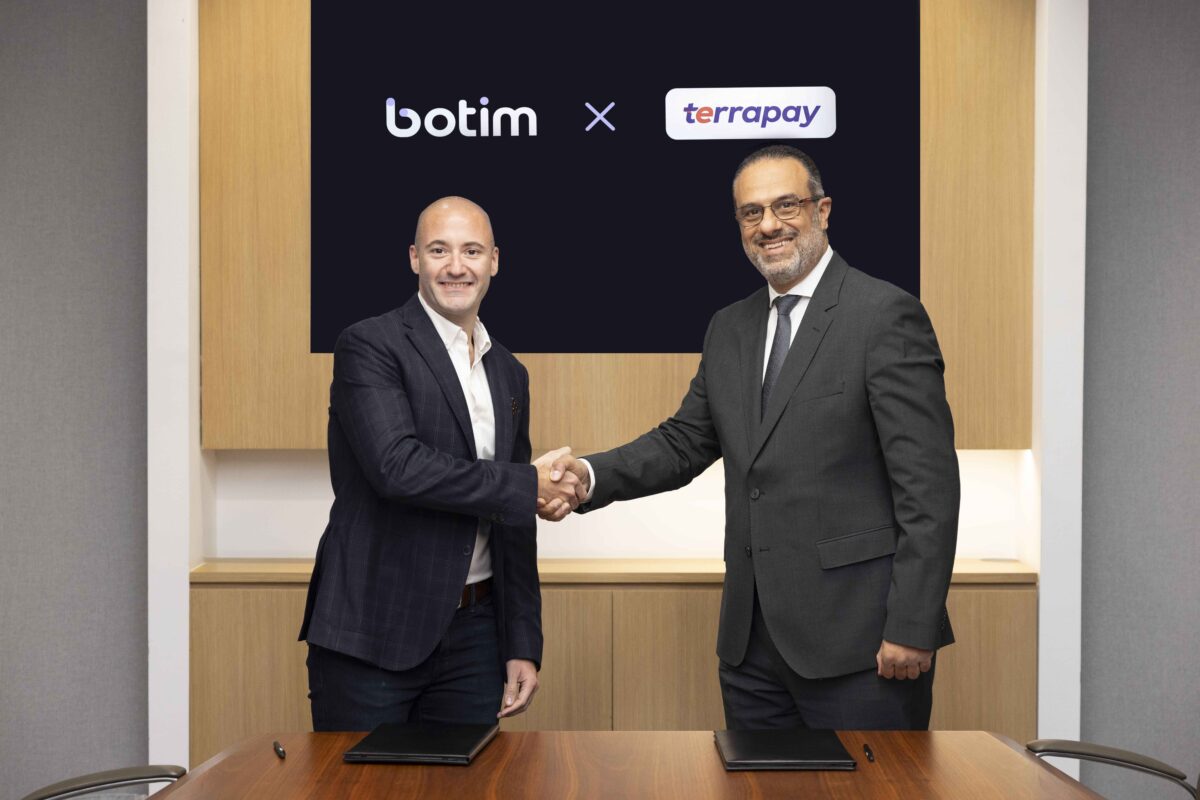To effectively manage their unique and complex needs, it’s evident that Family Offices require a secure and structured Digital Vault to protect, store, access, share, and manage sensitive information, data, and documents across multiple entities, geographies, and generations.
Single and Multi-Family Offices that cater to High Net Worth (HNW) and Ultra-High Net Worth (UHNW) families are tasked with an incredibly high level of responsibility when it comes to managing the personal, business, financial, and legal lives of their clients (families) around the clock.
As the role of the Family Office manager(s) evolves, so does the role of technology within the modern Family Office.
With critical information, data, and documents being an incredibly large piece of the responsibility for staff and managers, it should come as no surprise to anyone that data privacy and regulatory compliance are table stakes to protecting and safeguarding the Families’ interests.
Business News Daily advises, “Cloud storage is one of the best investments a small business can make.” The keyword, of course, is “investment.” With respect to Family Offices, the level and return on investment is tenfold. Family Offices require a secure, encrypted service that has all the benefits of the cloud — knowing where important data is filed, a disaster backup, access to files on the go, being able to share documents and multimedia files that are too big for email — without any of the drawbacks.
Needless to say, keeping essential information within an encrypted digital vault with institutional-grade protection is table stakes.
The Great Wealth Transfer
According to Cerulli Associates, the impending great wealth transfer will have massive implications on the wealth management industry, and in particular, for HNW and UHNW families. Research estimates that wealth transferred through 2045 will total $84.4 trillion. in assets will be transferred to heirs. Of the $84.4 trillion, $72.6 trillion in assets will be transferred to heirs, while $11.9 trillion will be donated to charities. Greater than $53 trillion will be transferred from households in the Baby Boomer generation, representing 63% of all transfers. Silent Generation households and older stand to transfer $15.8 trillion, which will primarily take place over the next decade. $35.8 trillion (42%) of the overall total volume of transfers is expected to come from high-net-worth and ultra-high-net-worth households, which together only make up 1.5% of all households.
Family Offices and Family Office Managers need to closely monitor this paradigm shift to deliver personalized, relevant, and improved financial services that cater to the digital client experience for younger generations.
Intergenerational continuity planning and finding ways to build more trust with immediate family members and the next generation must continue to be prioritized now and for the years to come.
One of the most effective (and efficient) ways firms and advisors can execute (and maintain) an intergenerational continuity plan is by implementing a digital vault for family legacy information and documents.
A well-structured digital vault can serve as a central repository for all of the important documents and information that clients and their families need to access in the event of a change in circumstances, such as the passing of a family member or the retirement of an advisor.
Embracing the digital transformation of the Modern Family Office
Embracing digital transformation is crucial for every Family Office. Investing in technology, especially cloud-based solutions, is no longer optional or a “nice to have”, but rather a must-have. These solutions and platforms provide a strong foundation for securely managing digital assets and delivering an exceptional digital experience for the family. While security and protection of information assets are vital, it doesn’t end there. Below are three of the many key areas that modern Family Offices need to consider when evaluating solutions.
1. Security and protection of information and data
Your information, and of course, your clients, is your greatest asset. Investing in technology that provides best-in-class security and protection is essential. Safeguarding assets from loss, damage, and theft by keeping essential information and documents in an encrypted, cloud-based solution with bank-grade protection is a must.
2. Organization and management of documents
Utilizing technology for Family Offices is crucial to streamline administrative tasks, organize documents, and improve efficiency. According to Forbes.com, data professionals are losing 50% of their time every week, 30% searching for, governing and preparing data plus 20% duplicating work. By implementing a structured system, Family Offices and businesses can save time, enhance client experience, and prioritize what truly matters.
3. Sharing and collaboration with Trusted Advisors
For Family Offices, investing in technology that enables seamless collaboration with Trusted Advisors is vital. Technology such as shared permissions, e-signature integrations, and secure document access facilitate efficient workflow. Importantly, Family Offices often collaborate and connect with multiple professionals on behalf of the family including accounts, estate lawyers, wealth managers, and more. Creating efficiency when it comes to providing access to these key stakeholders is an absolute must.
This article was originally published on FutureVault.com.
The views and opinions expressed herein are the views and opinions of the author and do not necessarily reflect those of Nasdaq, Inc.





































